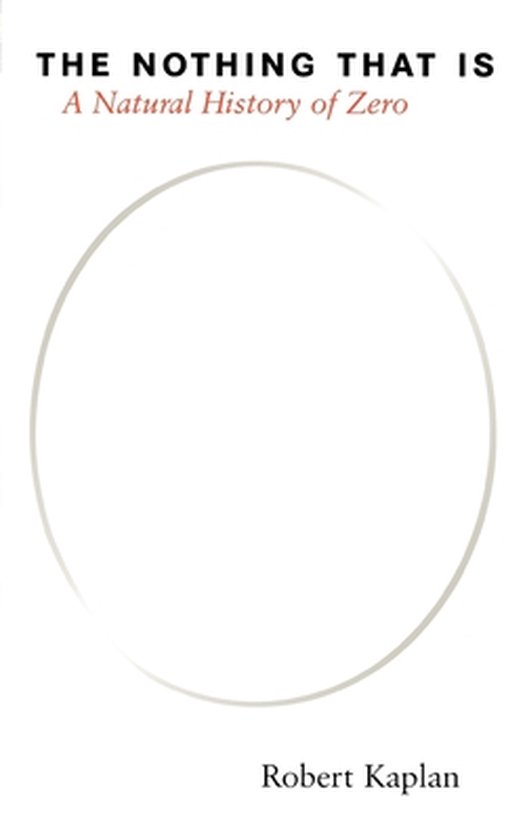The illusion of doubt

Direct beschikbaar
The Illusion of Doubt shows that radical scepticism is an illusion generated by a Cartesian picture of our evidential situation - the view that my epistemic grounds in both the 'good' and the 'bad' cases must be the same, and consists in information about an inner mental realm of experience from which I must try to work my way out to what goes on 'out there' in the external world. It is this picture which issues both a standing invitation to radical scepticism and ensures that there is no way of getting out of it while agreeing to the sceptic's terms. What we therefore need to do is not try to answer the sceptical problem 'directly', but rather to undermine the assumptions that it depends on. These are among the most ingrained in contemporary epistemology. They include the notion that radical scepticism can be motivated by the 'closure' principle for knowledge, that the 'Indistinguishability Argument' renders the Cartesian conception compulsory, that the 'new evil genius thesis' is coherent, and the demand for a 'global validation' of our epistemic practices makes sense. Once these dogmas are undermined, the path is clear for a 'realism without empiricism' that allows us to re-establish unmediated contact with the objects and persons in our environment which an illusion of doubt had threatened to put forever beyond our cognitive grasp.
- 1 Bekijk alle specificaties



Taal: en
Bindwijze: E-book
Oorspronkelijke releasedatum: 03 november 2016
Ebook Formaat: Adobe ePub
Illustraties: Nee
Hoofdauteur: Genia Schonbaumsfeld
Hoofduitgeverij: Oup Oxford
Lees dit ebook op: Android (smartphone en tablet)
Lees dit ebook op: Kobo e-reader
Lees dit ebook op: Desktop (Mac en Windows)
Lees dit ebook op: iOS (smartphone en tablet)
Lees dit ebook op: Windows (smartphone en tablet)
Studieboek: Ja
EAN: 9780191086564